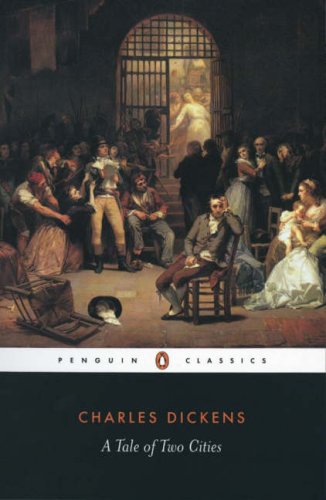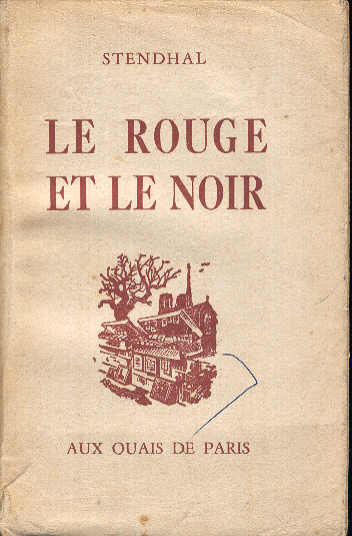How long would you be willing to wait for the person you love?
This is what appears to be the fundamental question asked by Gabriel García Márquez in his epic novel, Love in the Time of Cholera. Yet, dig beneath the layers and very different questions will surface.
What one would easily mistake for a love triangle between the three main characters is, in fact, a faithful representation of how stark the contrasts are between between illusions and reality. Streaming half a century, the novel is a whirlwind collision of illusions, dreams and the harshness of a society where expectations and traditions cast in stone. (Pay close attention to García Márquez’s views on Latin America, as they are still of great relevance today.)
The basis for this novel is straightforward: Florentino Ariza meets Fermina Daza and falls head over heels in love with her. She seems to share his love for a while but eventually comes to realize that it is a love based on illusions. To her father’s great joy, Fermina Daza marries Dr. Juvenal Urbino, the antithesis to Florentino’s boyish, lustful and aching love. A love triangle ensues where both men are dependent upon Fermina as the source of their happiness but where only one will physically suffer from his love.*
All in all, this novel is one of questions and reassessments. Nothing is exactly as it seems and appearances are treacherous. This is where the genius of Nobel Prize Winning Colombian Author Gabriel García Márquez truly lies: in forcing you to question all you have ever held as true.

*It should be known that “García Márquez’s main notion is that lovesickness is a literal illnes, a disease comparable to cholera” (wiki)






